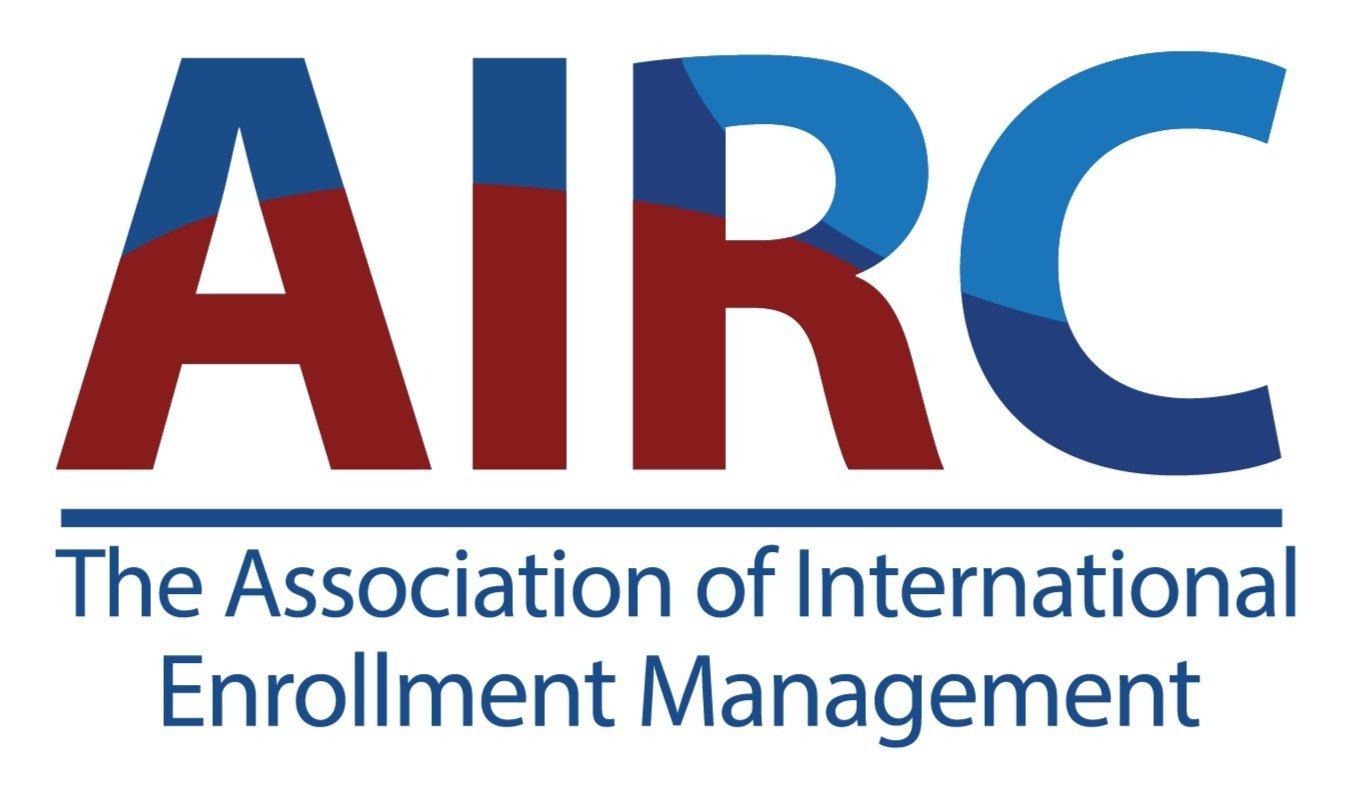Covid-19 has given rise to a new working relationship between universities and agents. One that blends ‘traditional’ face-to-face student advising with new technologies, pushing the HE sector somewhat unwittingly into a new era of international digital recruitment.
While most institutions choose to keep their relationships with agents and third-party recruiters behind closed doors, the impact of this well established university-agent relationship on enrollment figures is irrefutable. It’s estimated that 45%-55% of international non-EU students at UK HEIs in 2018-19 used the services of an education agent.* The NACAC’s Admission Trends Survey 2017-18 paints a similar picture in the U.S. with 36% of surveyed admissions officers admitting that they use commission-based agents to recruit international students.** But with Covid-19 since limiting international travel and face-to-face recruitment, agents are now considered a vital part of HEIs international recruitment processes.
Digital marketing is one way that universities can redefine their relationships with some of their best advocates. Equipping agents with the right marketing tools will ensure they’re set up to recruit some of your ‘best fit’ students. Here’s how to create marketing materials that put students first, promote transparency and ensure a measurable ROI for your agents.
Putting students first
Putting prospective students first is the unwritten rule of education counselling. It’s therefore unsurprising that the integrity of agents, aggregators and third-party recruiters is one of the biggest concerns for HEIs. Can independent counsellors be trusted to maintain impartiality and recruit the ‘right’ students, while acting in the student’s best interests?
With the number of young people wanting to study overseas only increasing and HEIs desperate to get their international enrolment figures back after Covid-19, agents are needed now more than ever to find new applicants and process their enquiries. Because of this, not working with third parties and new technology is no longer an option. As David Pilsbury, Chief Development Officer at Oxford International Education Group puts it, “we can’t put the genie back in the bottle”.***
HEIs must therefore adapt and create a hybrid recruitment model that blends the expertise of in-country agents with tech innovations to transform the way we think about recruitment. Without the right digital tools, agents won’t be equipped to promote HEIs in the right way.
Customising your marketing materials to each country or city will mean that your agents are best placed to advise on market-specific enquiries about scholarships, safety, visas, language requirements and cultural differences.
Training your agents properly will ensure that they know exactly what your HEI is looking for. With detailed information about what it’s like to be an international student at your university, they’ll be more confident in selecting the ‘right’ students for you.
Create marketing materials with built-in forms. This will give your agents the freedom to manage their own enquiries and offer applicants a personal, professional response.
Promote transparency
It’s incredibly important that HEIs are open and honest about who they work with and who they employ to represent their brand overseas. Having a transparent relationship with agents is the key to developing a strong relationship that’s built on trust. By working together, your main marketing team can spread awareness of in-country agents in your target markets and encourage students to get in contact. By making it clear that you trust your agents, your prospective students will too. To ensure transparency, create a clear comms plan for your agents’ marketing resources and update them regularly to ensure accuracy.
Personalising your agents’ marketing materials to include their contact information will make it easier for them to have a presence in their market.
Be honest with interested students about who has access to their data. How will it be used, who will contact them and why?
Allow your agents to have input into their own marketing materials and blend their market knowledge with your promotional material. This is invaluable to prospective students and will create hybrid resources that are the best of both worlds.
Ensure a measurable ROI
When working with agents and third-party recruiters, it can be difficult to guarantee that your marketing budget is well spent. How do you know if agents are finding enough students for your university and (more importantly) the right students for your university? It all starts with strategy. By supporting your agents’ recruitment strategy and providing them with unique marketing materials, you can collect data and measure their performance.
Use market data to create publications that meet the wants and needs of your prospective students. In other words, give them what they’re looking for.
Track your marketing materials. By doing this, you can see where they go, how many people open them and get a good grasp of your student demographic.
Use your marketing materials to collect leads and drive traffic to your website. This will allow you to quantify and measure the success of your agents’ performance.
Covid-19 has changed the agent-student-university relationship for good. But like every crisis, it has created a lot of opportunities for change and reflection. As HEIs start to navigate their way out of the pandemic and the global movement of international students increases, they’ll require greater assistance from agents and third parties to do a lot of the heavy lifting. By embracing this relationship, institutions can fully make the most of their best advocates. After all, working side-by-side with agents is far better than being three steps behind.
Post By:
*BUILA, UKCISA (2021) A Partnership for Quality: A route to a UK Quality Framework with Education Agents. [Link]
**Admission Trends Survey (2017-2018) National Association for College Admission Counselling.
***David Pilsbury, DVCI at Coventry University. Webinar: The Rise of Student Recruitment 4.0. ThePIE, 23 June 2021.






